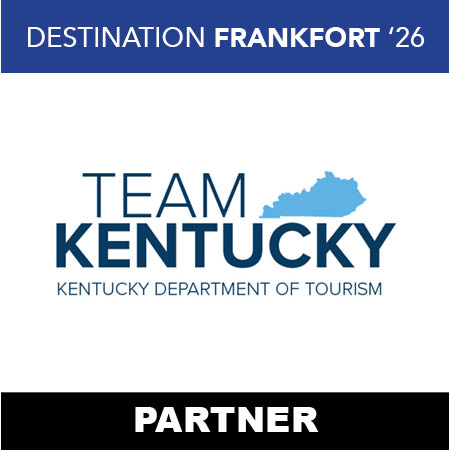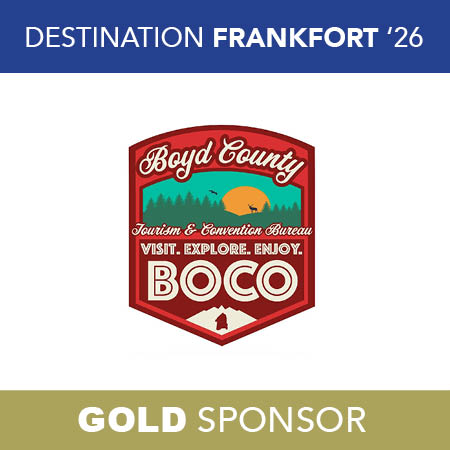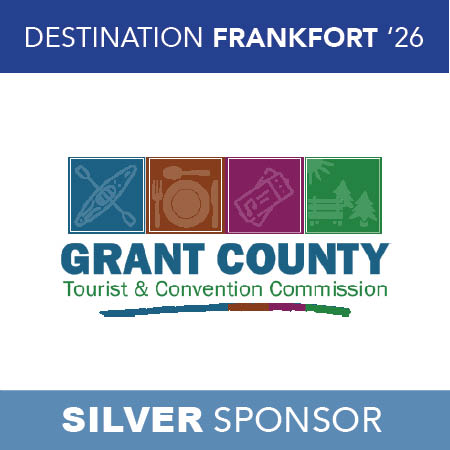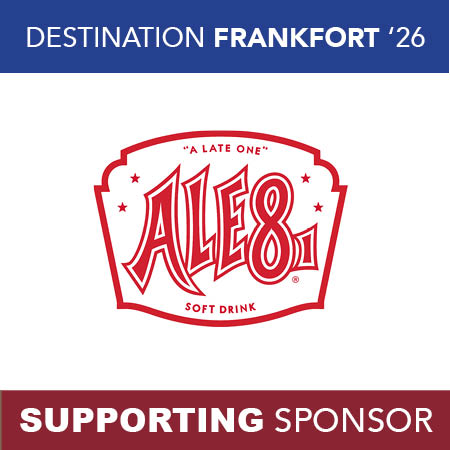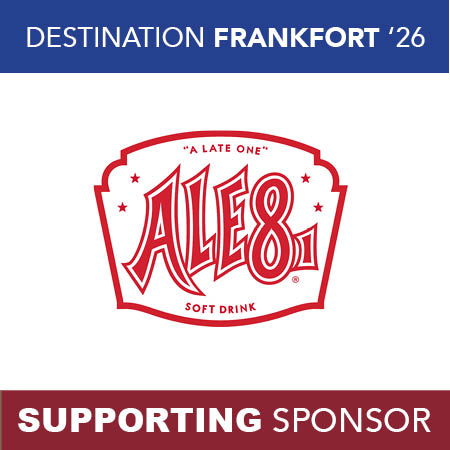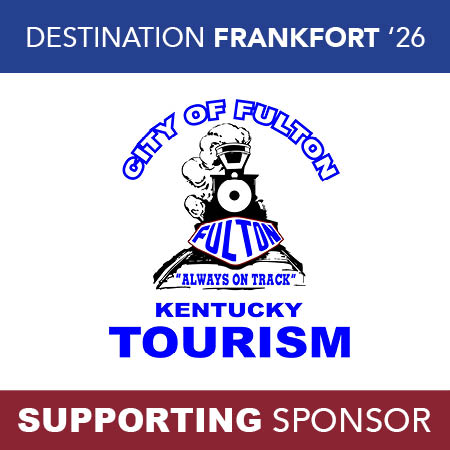|
Tourism Fundamentals & Impact
To emphasize the importance of fundamentals, while holding up a football Green Bay Packers Coach Vince Lombardi’s first words to his team at their 1968 training camp were, “Gentleman, this is a football.” Understanding fundamentals is as important in tourism as it is in football. The following information reviews several fundamental aspects of the tourism industry including the enormous impact the industry has in Kentucky. Defining Tourism and the Tourism Industry According to authoritative sources, the World Tourism Organization has referred to it as the world’s largest industry. The vastness of tourism makes it difficult to measure it’s precise size. The same challenge exists in attempting to arrive at a precise definition of tourism. At its most fundamental level tourism is traveling to and experiencing a place other than where one lives. (Traveling a distance of at least 50 miles from one’s home is often cited as a criterion that serves to distinguish a visitor, i.e. tourist, from a resident.) The tourism industry consists of businesses that offer visitor experiences and those that provide services and information that enable visitors to access those experiences. A helpful framework for understanding tourism is to understand that at one end of the tourism pipeline are a huge number of people who travel for an enormous number of experiential reasons. At the other end of the pipeline are an extensive number of possible destinations, experiences and service providers. Positioned between the two are the multitude of competitive marketing and promotional efforts to attract visitors. The enormity of each of its elements underscores the also enormous benefits of tourism. Kentucky’s Tourism Assets Authentic, Unique & Varied Visitor Experiences – Kentucky possesses what any tourism destination must have for success in the hotly competitive destination marketing arena: a varied set of authentic and compelling experiences, many of which are unique to the destination. Experiences related to bourbon and horses, two authentic Kentucky icons, are as unique to Kentucky as they are compelling for visitors. However, Kentucky possesses far more than bourbon and horses to attract visitors. Its outdoor recreation and adventure, historical and cultural offerings, Bluegrass and other music genres, its own special version of Southern cuisine, folk art and craft and the artisans who create them, and authentic small towns and urban excitement all comprise Kentucky’s portfolio of tourism assets. Location & Access –The ease of traveling to and throughout Kentucky is a major tourism asset.Kentucky's borders lie within 600 miles – less than a day’s drive - of more than two-thirds of the nation's population and personal income, and 20 interstates and controlled-access parkways provide for effective and efficient highway access and intra-state travel. Kentucky has three major airports and 11 active or developing riverports along 1,600-plus miles of commercially navigable waterways. Beauty – The stunning and varied forms of Kentucky’s natural beauty is consistently noted by visitors. Kentuckians – The welcoming, hospitable and authentic people who live here are often cited by visitors as a major asset and one of their most memorable Kentucky experiences. Tourism’s Contributions to Kentuckians
Marketing Kentucky Destination marketing competition among states and cities is heated to say the least. In order to succeed in that environment, tourism marketing must be approached as a public - private effort. Marketing by private sector business is an essential component of that partnership; however, those efforts typically focus on the individual business and therefore are limited in their ability to increase Kentucky destination awareness and demand. Therefore, statewide and local destination marketing by the public sector is also essential. The Kentucky Department of Tourism (KDT) is responsible for marketing Kentucky. Tourist commissions, also known as convention & visitors bureaus, engage in marketing local destinations. KDT operating and personnel costs are included in the state’s General Fund budget. A one-percent statewide transient room tax is the sole source of funding for all KDT advertising and marketing, including a program that provides matching funds for local tourist commissions. Tourist commissions, also referred to as convention & visitors bureaus and destination marketing organizations, are authorized by state statue and established by local governments. They are primarily funded by local transient room taxes enacted by the city and/or county served by the commission. Smaller cities are also allowed by statue to enact a restaurant tax. 2023 Economic Impact Report |


